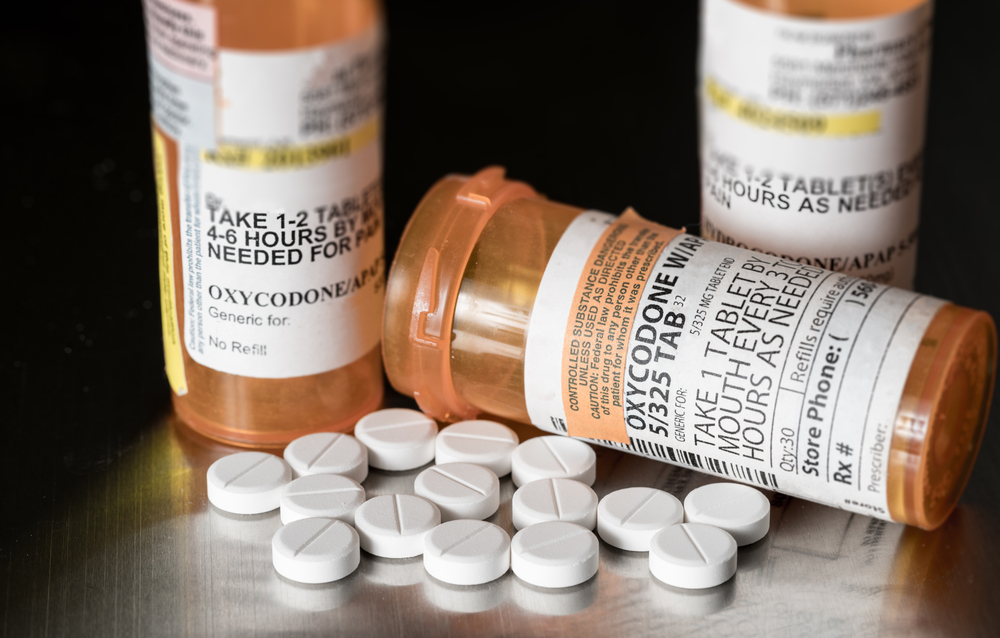By Ryan Dailey, The News Service of Florida
QUINCY — State and local authorities are working “feverishly” to fight the distribution of fentanyl in Florida after a string of overdose deaths over the weekend rocked the rural community of Gadsden County.
Nine deaths in the county are suspected to have been caused by fentanyl, likely involving people using other drugs that were laced with the potent synthetic opioid. Gadsden County Sheriff Morris Young said emergency responders were called to 19 overdoses over a four-day span.
“For Gadsden County to have that number in such a short span, we were afraid that we’d wake up in a week’s time and have 30 to 40, 50 people dead. That’s a lot of folks for Gadsden County. We only have 46,000 people here,” Young told reporters during a press conference Thursday. “We’re searching for answers.”
First Lady Casey DeSantis joined Young and other state and local officials at Thursday’s meeting to address the issue. DeSantis announced that the state is ramping up messaging as part of efforts to prevent future mass overdoses.
Florida will launch a statewide public advisory campaign about the dangers of fentanyl, which has become the leading cause of death for people ages 18 to 45 in the U.S., according to a news release from the governor’s office.
“Education is so important to get, especially to our youth. A call to action, if they themselves are using drugs or if they know of somebody in their family that’s using,” DeSantis said Thursday.
As Gadsden law enforcement officers pursue the people Young accused of having “poisoned” county residents with fentanyl, the spate of overdoses over the Fourth of July weekend also grabbed the attention of state and federal officials. The U.S. Drug Enforcement Agency is assisting with the investigation of the overdoses, the sheriff said.
In a county that lacks resources for helping drug users kick their habit, Gadsden also is counting on the increased use of the overdose-reversal drug naloxone to help prevent situations like the one that played out over the weekend. Commonly known by its brand name, Narcan, the state Department of Children and Families is distributing 200 kits to treat overdoses in the county.
Florida Department of Health Secretary Joseph Ladapo, who also serves as the state surgeon general, explained why fentanyl is behind the deaths of so many unsuspecting users.
“Fentanyl is synthetic. So if you think about the opioids … that have been around for a long time, or the ones that people have historically used or even abused, usually you think in terms of milligrams. Small quantities, that’s kind of the dosage. Fentanyl is dosed in micrograms. So, that’s a thousand (times) less, in terms of weight,” Ladapo said Thursday. “It’s just incredibly potent.”
A significant part of the fight against fentanyl involves combatting the counterfeiting of drugs, said Mark Glass, acting commissioner of the Florida Department of Law Enforcement.
Thirty percent of the drugs that have come through the department’s lab for testing have been counterfeit narcotics, Glass said. The counterfeit drugs can mimic prescription pills and contribute to accidental overdoses.
The level of counterfeit drugs on the street is “higher than it was before,” Glass said. The trend coincides with an increasing number of deaths caused by opioids, he said.
In the first six months of 2021, opioids caused the death of 4,140 people — a roughly six percent increase from the first half of the previous year, according to Glass.
“We’re watching the trend move up,” Glass said. “Because it’s … coinciding with the southwest border. More contraband is coming through. Therefore, you’re probably going to see more spiking.”
State lawmakers during the 2022 legislative session took aim at fentanyl traffickers in an effort to curtail the growing problem. A new state law (HB 95), signed by Gov. Ron DeSantis in May and slated to go into effect in October, will increase mandatory minimum sentences for people found guilty of trafficking the drug.
Under the law, the sentence for trafficking four to 14 grams of fentanyl would go from three to seven years. Trafficking 14 to 28 grams of fentanyl would increase from 15 to 20 years.
Glass, who said the increased penalties could be another tool to combat fentanyl on the enforcement side, said officials are working “feverishly” to control the problem.
Asked whether street-level dealers are knowingly selling drugs that are laced with the potentially deadly fentanyl, Glass said it’s a “yes and no” answer.
“It’s all about profit. ‘What can I make? And if I can cut the opioid down and put the fentanyl in it … and then have that synthetic piece to increase the high, and I can make it cheaper.’ … We know they’re shipping it from China. You can order it. Sometimes it comes through from the southwest (U.S.-Mexico) border,” Glass said.
